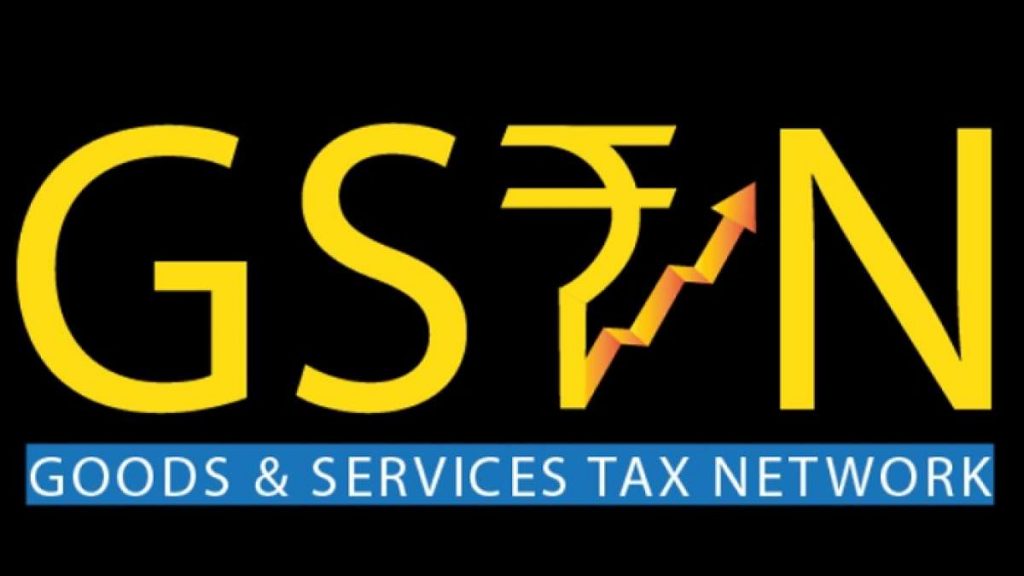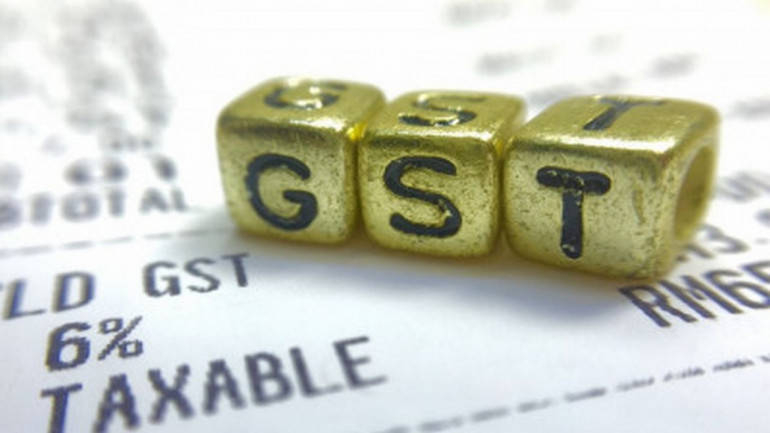To understand the experts behind the GST governance framework and to know how it functions, it can be understood in two segments. One that consists of the 33 members called the GST governance council that makes all the decisions regarding rules and regulations and forms the structure of this tax regime. And the other section is the GSTN that handles all the technical aspects of GST. The front end of GSTN that is a GST portal is a seamless and intuitive website that helps taxpayers file returns and pay taxes online. The portal provides emsigner for GST that helps in authenticating documents through digital signature. The GST council and GSTN form the Goods and Services Tax regime.
About GST Council
For the proper functioning of the GST regime, the government has formed a GST council. It was through a meeting held on 12th September 2016 by the union cabinet, which approved the formation of the GST Council and setting up its secretariat. It is a 33 member team that is headed by Union Finance Minister, who is the chairman of the council. At the time of writing, Mrs. Nirmala Sitharam is the Union Finance Minister. The other members that form the whole council include union ministers of all the states who are in charge of revenue and one member each from Union territories that is the Finance minister of union territories. The GST council operates from its head office that is located in New Delhi.
GST council has conducted 38 meetings till the time of writing, and there were about 800 changes made to the GST law since its implementation by the GST council. The GST council aims to establish the highest degree of standards in terms of cooperative federalism in how the GST council functions. The GST council takes decisions or makes changes to the law through revisions and feedback from taxpayers and enterprises. It aims to evolve through consultation. It aims to provide a seamless tax structure that is backed by smart technology to ease the experience of the taxpayer.
As per the Article 279A(4), the GST Council makes recommendations to the Union and the states on essential issues that are related to GST. Topics such as goods that should be exempted, goods and services that need a change in tax rates, special rates for raising additional resources if any natural disaster or calamity happens, if and when a state needs special provisions, etc.
The GST council also decides to provide sufficient funds for meeting the non-recurring and recurring expenses for the GST council secretariat; the central government bears the entire cost of expenditure.
The internal framework of GST is such that for a decision to pass, there are three criteria that should be met. For any meeting to be deemed valid, at least 50% of the total number of council members should be present in the meeting. A decision can be passed only if 75% of the members vote in favor of the resolution. According to the principle of Article 279A, the total votes cast between the central and the state government should have different majorities. Votes of the central government should have one-third of total votes, and state governments should have two-thrid of the total votes.
However, a decision will not invalid if there are any shortcomings in the council meeting. Similarly, a decision will not be invalid if a vacancy remains in the council or if there is any defect in the council’s constitution. Also, a decision will not be invalid if non-compliance occurs due to the procedure. Or if there are any shortcomings in the appointment of a council member.
If there are any disputes regarding any decision among the council members, then that issue will be addressed through a “dispute mechanism.” The Act states that the mechanism will address any dispute between the government of India and one or more states. Any difference between the Indian government along with states against one or more states. Two or more states which arise from recommendations of the GST council.

About GST Network
At the incubation period of the GST regime, the contract for the GST network was awarded to Infosys Technologies to build computing resources with the most advanced technology to cater to the needs of the GST regime. It was a non-profit organization that was accessible to stakeholders and was created for government and taxpayers to access and make use of the online platform that is the GST portal. The authorized capital was Rs. 10 crore in which the central government-owned 24.5 % of GSTN and the state government-owned 24.5 %. The remaining 51% was owned by private financial institutions, which included ICIC Bank 10%, HDFC, and HDFC Bank 20%, LIC Housing Finance 11%, and NSE Strategic Investment Co 10%, respectively. Later in principle decision taken by the government, it was announced that the government would own 100% of GSTN. It was decided that 50% will be owned by the central government, and the remaining 50% will be owned on a pro-rata basis by states.
The GST portal
GST portal is a website where all the GST related options can be availed. It provides service for paying taxes, filing returns, applying for a refund, registering under GST, etc. Apart from services, it also contains an FAQ section where most of the common queries are already answered.
Conclusion
The GST governance council is always alert about the changes that are needed in the tax regime. There is always the inclusion of new technologies and better regulations to keep GST updated and to provide better solutions to taxpayers and enterprises. There are different software online that helps a taxpayer remain GST compliant. Still, for authenticating documents, the emsigner for GST software should be used to maintain the security of your documents. At the launch of GST, there were a lot of deficiencies in the system. There was a lot of confusion because of the complexity of the law. There were also frequent errors. But with an alert team and swift implementation of the changes needed, GST has improved significantly and continues to change to benefit citizens across the country.
 Amazing India Blog Know India Better
Amazing India Blog Know India Better




